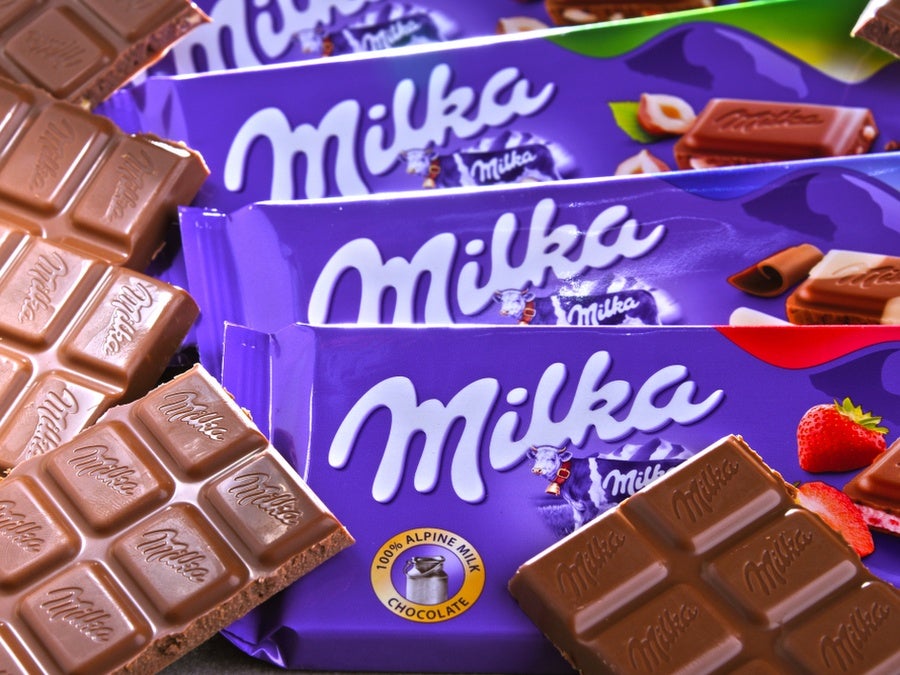
Mondelez International has invested in a recycling technology business in Australia, alongside packaging manufacturer Amcor.
The Oreo and Milka brands owner has partnered with the Switzerland-headquartered Amcor to invest an undisclosed amount into Licella, which will build one of the first “advanced recycling” facilities in the country.
Based in Sydney, Licella developed the patented Catalytic Hydrothermal Reactor (Cat-HTR) platform. The Cat-HTR is a hydrothermal liquefaction (HTL) technology – the next generation of advanced recycling, according to Mondelez.
HTL chemically transforms a range of waste plastics into “a high-quality oil, a direct substitute for fossil oil”, the snacks giant. In doing so, it allows a circular economy for plastic that would otherwise go to landfill and helps drive towards net zero carbon.
The new facility, called Advanced Recycling Victoria, is anticipated to initially process about 20,000 tonnes per year of end-of-life plastic, with plans to scale up to 120,000 tonnes per year.
Through Amcor, Mondelez expects to have access to recycled content from the site to meet much of its Australian soft plastic packaging needs, reducing its need for virgin plastic in Australia.
“While plastic plays an important part in the security, quality, protection and preservation of food products, there is a gap in sustainable local recycling solutions,” Christine Montenegro McGrath, chief global impact and sustainability officer at Mondelez, said.
“Our packaging strategy is focused on using better packaging and helping to build better systems. This investment brings together multiple stakeholders in the supply chain to scale the infrastructure and technology needed to help create a more sustainable future for plastics and is part of our longer-term focus on working toward our goal of net-zero packaging waste by supporting circular economies.”
By 2025, Mondelez wants all of its packaging to designed to be recyclable. It is targeting a 5% reduction in its use of virgin plastic and a 25% cut in virgin rigid plastic by the same, compared to a 2020 baseline.
Licella CEO Dr Len Humphreys said: “This is the leading technology of its kind globally, and it was developed here in Australia. This investment will help advance our Australian facility at a time when demand for sustainable plastic solutions, that also help provide food-grade recycled content, is growing exponentially.”
The Cadbury brand owner reported its financial results for the second quarter of 2023 last month, recording revenues of $8.50bn for the quarter, up 17% year-on-year while operating income was up 53.7% at $1.42bn.
Amcor recently launched 100% recycled polyethylene terephthalate (rPET) packaging for Ron Rubin Winery’s new BLUE BIN wine range.



